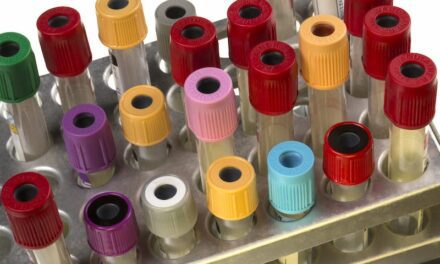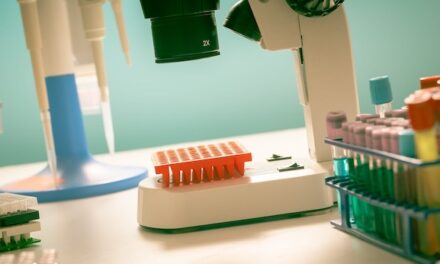Qiagen NV and Exosome Diagnostics Inc. have expanded their existing strategic partnership to develop a first-in-class, noninvasive molecular diagnostic for use in detecting and monitoring actionable genetic mutations in lung cancer patients. Financial terms of the collaboration were not disclosed.
The partners are collaborating to develop diagnostics based on exosomes, in order to measure gene mutations targeted by new anticancer therapies. Exosomes and other microvesicles are a key part of the body’s complex communication system, transferring genetic instructions from cell to cell. Shed under both normal and pathological conditions, they can be isolated from biofluids such as blood, urine, and cerebrospinal fluid. Exosomes carry nucleic acids (RNA and DNA) and proteins from their host cells and are widely considered to be an essential new source of biomarkers for use in personalized healthcare diagnostics.
The initial target of the collaboration is a novel blood-based diagnostic that detects certain actionable mutations of an undisclosed gene associated with non-small cell lung cancer (NSCLC) and other malignancies, and has the potential to be paired with several new anticancer therapeutics. Qiagen will have worldwide exclusive rights for commercialization and intends to submit the test to FDA following clinical validation.
“We are excited about this new testing option, which has the potential to expand our existing and future assay portfolio,” said Peer M. Schatz, Qiagen CEO. “Biofluid-based tests can significantly increase the value of molecular diagnostics in diseases that currently depend on tissue biopsies. We look forward to our expanded collaboration with Exosome and to creating solutions for healthcare and science which can improve lives.”
The proprietary technology developed by Exosome Diagnostics makes use of the presence and stability of nucleic acids in exosomes and other microvesicles to detect and measure levels of genes in biofluids normally accessible only through surgical tissue biopsy. Such noninvasive detection of disease-associated gene mutations and gene expressions in blood, urine, and cerebrospinal fluid reduces patient risk and advances access to the benefits of personalized medicine. The company’s clinical in vitro diagnostic products are designed to operate on widely available sequencing and PCR instruments.
“The ability to perform molecular diagnostic tests on easily accessible biofluids represents an important advance in personalized medicine,” said Exosome Diagnostics CEO James McCullough. “It will allow physicians to follow patient’s disease status more closely and to provide the best possible treatment. Qiagen is the ideal partner to bring robust, regulated exosome technology products to the global clinical market place.”
Integration of Exosome Diagnostics’ technology with Qiagen’s proven sample technologies is expected to create cost-effective, easy-to-use, and automated sample-to-result workflows for clinical research and healthcare. Automated biofluid-based molecular diagnostics have significant potential to replace many costly and invasive tissue biopsies and add new testing options for determining implications in cancer, neurodegenerative, metabolic, infectious, and other diseases.
Exosome Diagnostics intends to launch the first in a series of blood-based mutation diagnostics in its CLIA laboratory beginning in 2014. Correspondingly, during the second quarter of 2014, Qiagen expects to launch the first in a series of high-performance sample preparation kits for processing nucleic acids from biofluid exosomes.
For further information visit Qiagen and Exosome Diagnostics.







